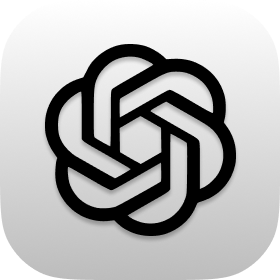OpenAI, the artificial intelligence research organization renowned for developing ChatGPT, has unveiled plans to restructure its for-profit arm into a Delaware public benefit corporation (PBC). This strategic move aims to facilitate capital acquisition and eliminate constraints imposed by its non-profit parent entity.
Strategic Shift to PBC Structure
The transition to a PBC is designed to balance shareholder interests with societal benefits, enabling OpenAI to attract substantial investments necessary for advancing artificial general intelligence (AGI). This restructuring aligns OpenAI with other AI companies, such as Anthropic and Elon Musk’s xAI, which have recently secured significant funding.
Internal and External Challenges
The proposed transition has encountered opposition from notable figures, including co-founder Elon Musk, who has filed a lawsuit against OpenAI and its CEO, Sam Altman. Musk alleges that the shift towards a for-profit model deviates from OpenAI’s original mission of developing AI for the public good.
Additionally, Meta Platforms has urged regulatory authorities to block the conversion, expressing concerns over potential monopolistic practices and the ethical implications of such a transition.
Financial Considerations
OpenAI’s decision to restructure is influenced by the substantial financial investments required to remain competitive in the rapidly evolving AI industry. The organization recently raised $6.6 billion, increasing its valuation to $157 billion. Despite this influx of capital, OpenAI projects significant financial losses, with an expected $5 billion loss on $3.7 billion revenue this year, and an estimated $14 billion cash burn by 2026.
Future Outlook
By adopting a PBC structure, OpenAI aims to secure the necessary funding to advance its AI capabilities while maintaining a commitment to societal benefits. This restructuring is intended to support OpenAI’s mission of ensuring that the development of AGI is safe and beneficial for all humanity.
As OpenAI navigates this transition, it will need to address the concerns raised by stakeholders and the broader AI community to maintain trust and uphold its foundational mission.





